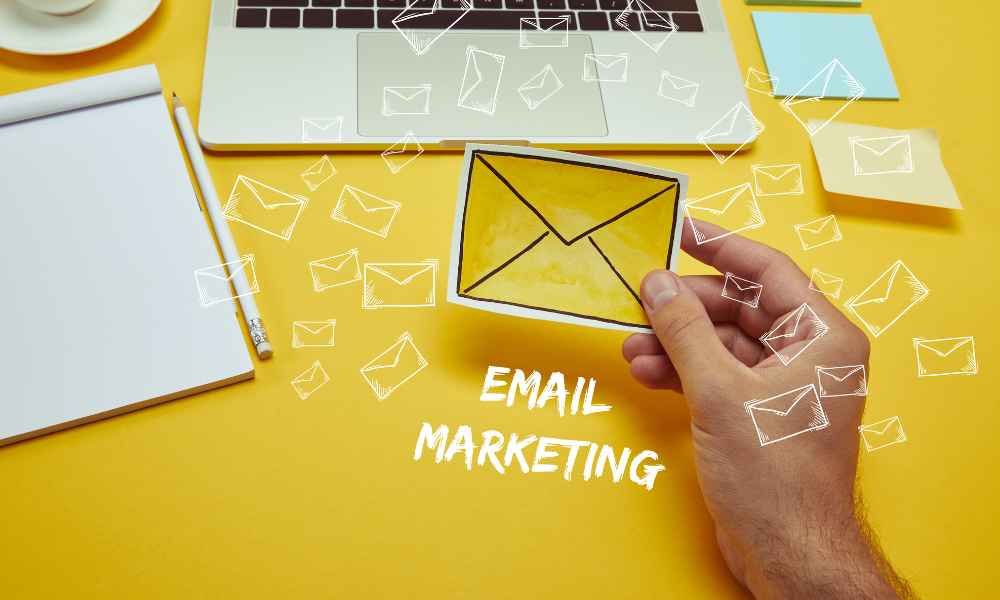Email marketing is a powerful digital marketing strategy that involves sending emails to prospects and customers. Effective email marketing converts prospects into customers and turns one-time buyers into loyal, raving fans. This article delves into the benefits, important aspects, and reasons why you should incorporate email marketing into your business strategy.
Benefits of Email Marketing
- Cost-Effective: One of the primary benefits of marketing is its cost-effectiveness. Unlike traditional marketing channels, marketing doesn’t require a significant financial investment. With tools available for designing and automating emails, even small businesses can implement comprehensive campaigns on a tight budget.
- Targeted Messaging: Email marketing allows for highly targeted communication. By segmenting your audience based on their preferences, behavior, and demographics, you can send personalized messages that resonate with different segments. This increases the chances of engagement and conversion.
- Measurable Results: Email marketing platforms provide detailed analytics, enabling you to track open rates, click-through rates, and conversions. This data helps you understand what works and what doesn’t, allowing you to refine your strategy for better results.
- Increased Customer Engagement: Regular emails keep your brand top-of-mind for customers. By providing valuable content, offers, and updates, you can maintain a continuous dialogue with your audience, fostering stronger relationships.
- High ROI: Email marketing consistently delivers a high return on investment (ROI). According to research, every dollar spent on marketing generates an average return of $42, making it one of the most profitable marketing channels.
Important Aspects of Email Marketing
- Building a Quality Email List: The foundation of successful marketing is a quality email list. Focus on growing your list organically through opt-in forms on your website, social media channels, and during customer interactions. Avoid purchasing email lists, as they often result in low engagement and can damage your sender reputation.
- Crafting Compelling Content: The content of your emails should be relevant and valuable to your audience. Use a mix of informational content, promotional offers, and personalized messages to keep subscribers engaged. The subject line is crucial as it determines whether the email gets opened; make it intriguing and concise.
- Segmentation and Personalization: Segment your email list based on criteria such as purchase history, browsing behavior, and demographic information. Personalized emails perform better than generic ones. Use recipient names and tailor content to match their interests and needs.
- Automation: Automation tools enable you to send timely, relevant emails without manual intervention. Automated emails, such as welcome series, abandoned cart reminders, and post-purchase follow-ups, can significantly enhance customer experience and drive conversions.
- Compliance with Regulations: Ensure your marketing practices comply with regulations like the CAN-SPAM Act and GDPR. This includes providing clear opt-out options, using accurate sender information, and obtaining explicit consent from subscribers.
Why You Can Do This
- User-Friendly Tools: Numerous email marketing platforms, such as Mailchimp, Constant Contact, and Sendinblue, offer user-friendly interfaces and templates. These tools simplify the process of designing, scheduling, and tracking your email campaigns.
- Abundant Resources: There are countless online resources, including tutorials, blogs, and courses, to help you learn and master marketing. These resources provide guidance on best practices, strategies, and tips for optimizing your campaigns.
- Scalability: Email marketing is scalable, making it suitable for businesses of all sizes. Whether you’re a solo entrepreneur or a large corporation, you can tailor your marketing efforts to fit your specific needs and grow them as your business expands.
- Integration with Other Marketing Channels: Email marketing integrates seamlessly with other digital marketing channels, such as social media, content marketing, and SEO. This integration allows for a cohesive and comprehensive marketing strategy that maximizes reach and impact.
Conclusion
Understanding email marketing is and leveraging its potential can transform your business’s digital strategy. Its cost-effectiveness, ability to deliver targeted and personalized messages, and high ROI make it an indispensable tool for modern marketers. By focusing on building a quality email list, creating compelling content, segmenting your audience, and using automation, you can effectively engage with your customers and drive business growth. With the right tools and resources, anyone can implement and succeed with marketing.


